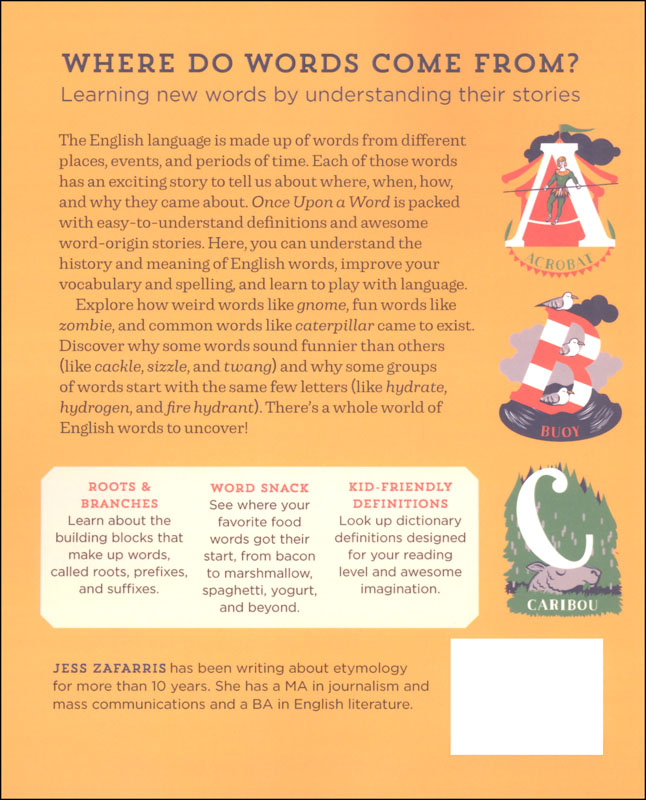

The list may attempt to be a complete inventory of a language or may be only a small segment of it. The word dictionary comes from the Latin dictio, “the act of speaking,” and dictionarius, “a collection of words.” Although encyclopaedias are a different type of reference work, some use the word dictionary in their names (e.g., biographical dictionaries).īasically, a dictionary lists a set of words with information about them. A dictionary may also provide quotations illustrating a word’s use, and these may be dated to show the earliest known uses of the word in specified senses. In addition to its basic function of defining words, a dictionary may provide information about their pronunciation, grammatical forms and functions, etymologies, syntactic peculiarities, variant spellings, and antonyms.

Learn about the major environmental problems facing our planet and what can be done about them! Saving Earth Britannica Presents Earth’s To-Do List for the 21st Century.Britannica Beyond We’ve created a new place where questions are at the center of learning.

100 Women Britannica celebrates the centennial of the Nineteenth Amendment, highlighting suffragists and history-making politicians.
WORD ORIGIN DICTIONARIES HOW TO
COVID-19 Portal While this global health crisis continues to evolve, it can be useful to look to past pandemics to better understand how to respond today.Student Portal Britannica is the ultimate student resource for key school subjects like history, government, literature, and more.This Time in History In these videos, find out what happened this month (or any month!) in history.#WTFact Videos In #WTFact Britannica shares some of the most bizarre facts we can find.Demystified Videos In Demystified, Britannica has all the answers to your burning questions.Britannica Explains In these videos, Britannica explains a variety of topics and answers frequently asked questions.Britannica Classics Check out these retro videos from Encyclopedia Britannica’s archives.


 0 kommentar(er)
0 kommentar(er)
